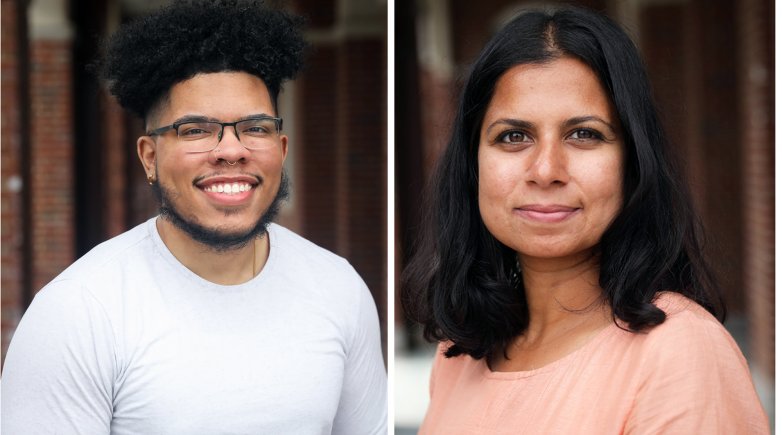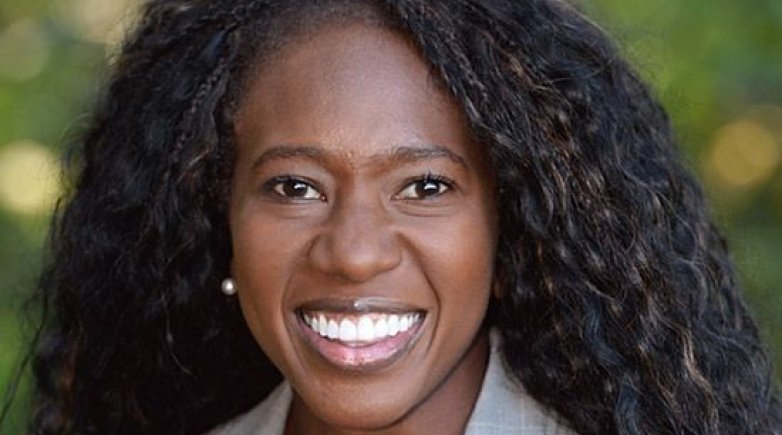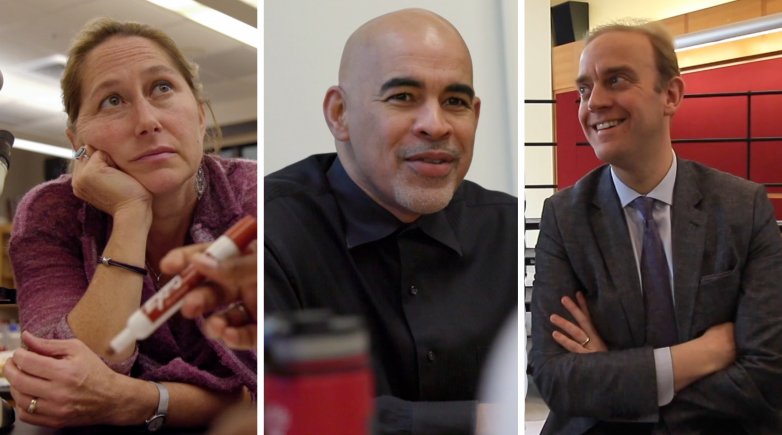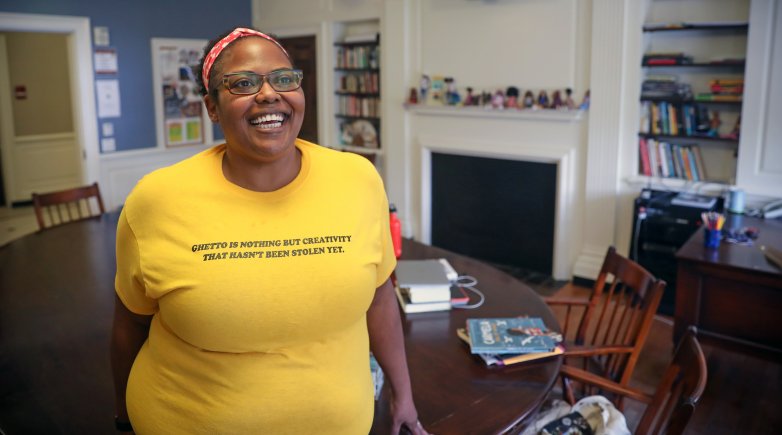Meet Gayatri Ramesh and Kevin Pajaro-Mariñez
New positions focus on hiring, retaining faculty of color.
Kevin Pajaro-Mariñez (l) and Gayatri Ramesh.
This spring, two new staff positions have been filled to further Exeter’s commitment to institutionalizing anti-racism. The appointments are considered critical to the Academy’s efforts to improve recruitment, support and retention of faculty of color.
Mathematics Instructor Gayatri Ramesh was named assistant dean of faculty in January, and Kevin Pajaro-Mariñez joined the staff in March as assistant director of equity and inclusion.
Here’s a little background on each and their goals for their new positions.
Gayatri Ramesh, Assistant Dean of Faculty
Ramesh strives to bring empathy to her new role, a sentiment inspired by her mother, a human relations professional. “She accompanied an employee’s wife, who went into early labor, to the hospital while her husband was away,” says Ramesh, originally from south India. “I hope to bring that same practice of kindness forward in my position.”
Ramesh joined Exeter’s Mathematics Department in 2016 after a brief career in finance (an accomplished tennis player, she is also director of the Academy’s tennis program). In her new position, she works alongside Dean of Faculty Ellen Wolff and Director of Equity and Inclusion Stephanie Bramlett on such issues as faculty recruitment, onboarding and retention. “Our goal is increase faculty of color by 50% in the next five years,” Ramesh says. “We also need to help current faculty of color thrive.”
Club adviser to the Hindu Society and the Sub-Continent Society, Ramesh is especially cognizant of the need to support faculty of color like herself who are balancing club advising along with other responsibilities. “We don’t want to burden them with too much,” she says. “It’s difficult for me to balance clubs with my own commitments to sports and academics.” She’s also re-evaluating faculty hiring practices, based on her prior experiences serving on Exeter hiring committees, and investigating different hiring methods such as developing relationships with colleges and universities and developing a ready pool of candidates to contact when there’s an employment opportunity at Exeter. “I like that this is a new position so that we can determine its scope and responsibilities,” Ramesh says.
Kevin Pajaro-Mariñez, Assistant Director of Equity and Inclusion
As assistant director of equity and inclusion, Pajaro-Mariñez brings perspective as a first-generation Black Latino. “Diversity, equity and inclusion work appeals to me intellectually,” he says, “but I’m not estranged from many of the things our students experience like microaggressions or anti-Black racism. For others, this is jargon. I try to bring home that my experiences and ideas mean real things for people in real life.”
Pajaro-Mariñez, who was most recently hall director of a residence hall at the University of Michigan, sees parallels between his higher education experience and Exeter. “The support system needed for students is the same, even though the institutional context is different,” he says. “A lot of those skills translate into my work now.”
In his new role, he supports Exeter’s current diversity and inclusion initiatives (including the Exeter Diversity Institute and MLK Day programming), and facilitates conversations with Exeter faculty and staff about their roles in justice and equity issues. He also builds community in the greater Exeter area, collaborating with the town, local groups and schools on diversity and inclusion topics. “I see my job as making social justice accessible to students and reaching out to a variety of people on campus,” he says. “The relationships I build are important if I’m trying to create an environment where everyone feels welcome.”
Pajaro-Mariñez is accustomed to creating programs where he sees a need. He created the Black Men's Reading and Reflection Group, a cohort and community-based reading group where Black men read Black feminist texts and prioritize critical discussions around masculinity. “This group is a testament to building and sustaining genuine relationships with other men,” he says. “When you humanize relationships, you’re more able to relate to one another in ways that can deepen capacity for change.”



